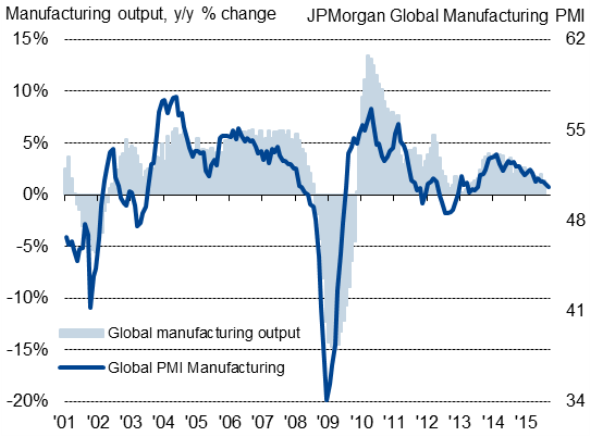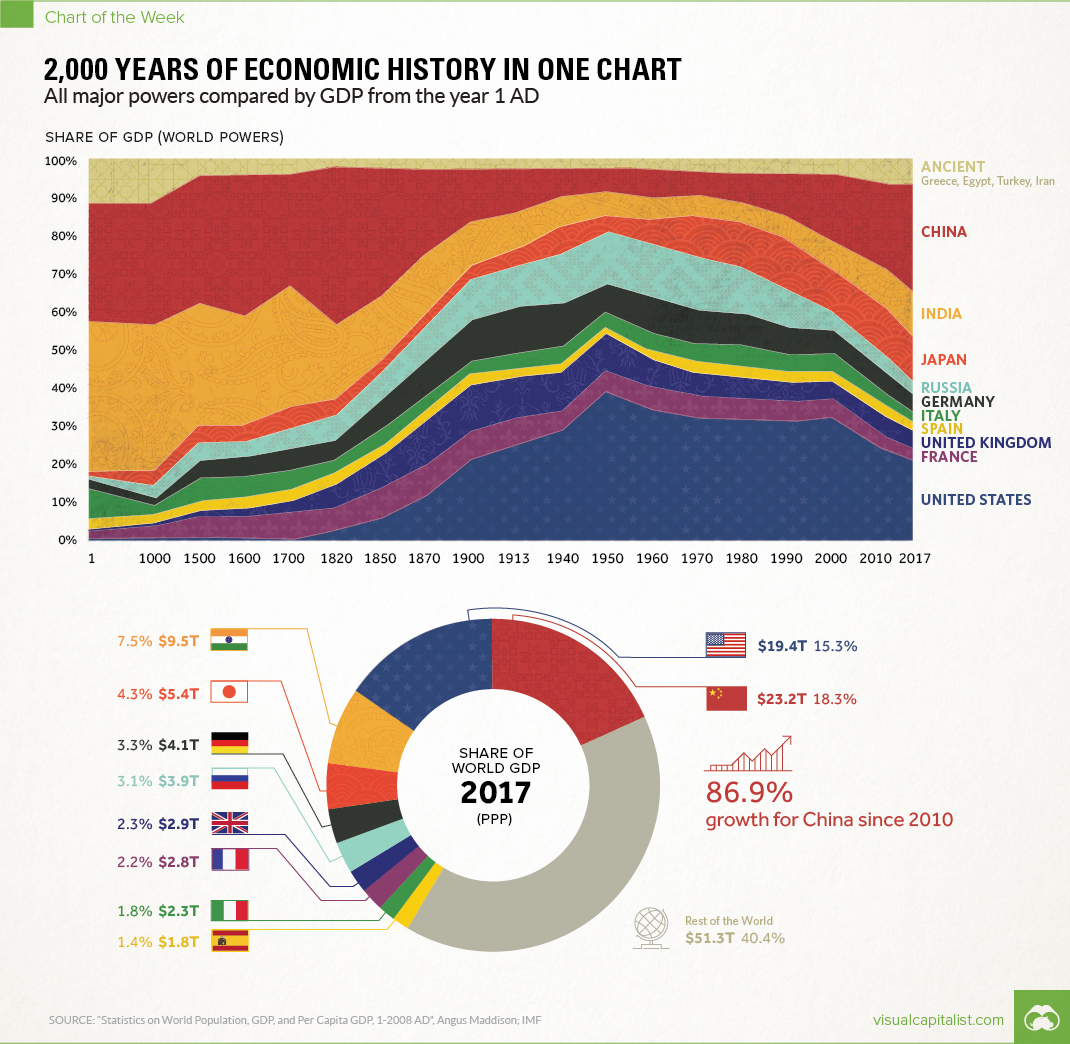

It is determined by people." He insists that it is not destiny but the right and wrong decisions by political leaders that cause societies to rise and fall. Standing proudly against psychology, dialectical materialism and inevitability, Beattie writes, "History is not determined by fate.

But Alan Beattie, the world-trade editor at the Financial Times and a former economist for the Bank of England, resists this kind of reduction in "False Economy," a thorough examination of economies from the age of empire to the age of the IMF. Authors risk sacrificing the intricacies of scholarship in the service of reader-friendly anecdotes. "synopsis" may belong to another edition of this title.įrom The Washington Post's Book World/ Reviewed by Justin Moyer Pop social science - think Steven Levitt and Stephen Dubner's "Freakonomics" or Malcolm Gladwell's "The Tipping Point" - is tricky. What does economic history teach us about the present economic unrest? Who will succeed and why? And who will fail? These are questions that we cannot afford to leave unasked. Beattie shows how decisions that are being made now-which have either absorbed or failed to absorb the lessons from economic history-will determine what happens in the future. And though it is history, it does not end with the present day. In doing so, he addresses such illuminating queries as: Why are oil and diamonds more trouble than they are worth? Why did Argentina fail and the United States succeed? Why doesn't Africa grow cocaine?įalse Economy explains how human beings have shaped their own fates, however unknowingly, and the conditions of the countries they call home.

But Beattie has written a lively and lucid book that successfully marries the two subjects and illustrates their interdependence. He opens up larger questions about these choices, and why countries make them or are driven to make them, and what those decisions can mean for the future of our global economy.Įconomic history involves forcing together disciplines that fall naturally in different directions. Here, he weaves together elements of economics, history, politics, and human stories, revealing that societies, economies, and countries usually make concrete choices that determine their destinies. An important book for turbulent times-an accessible and engaging economic history of the world, by a leading economic writer.Īlan Beattie has long been intrigued by the fates of different countries, economies, and societies-why some fail and some succeed.


 0 kommentar(er)
0 kommentar(er)
